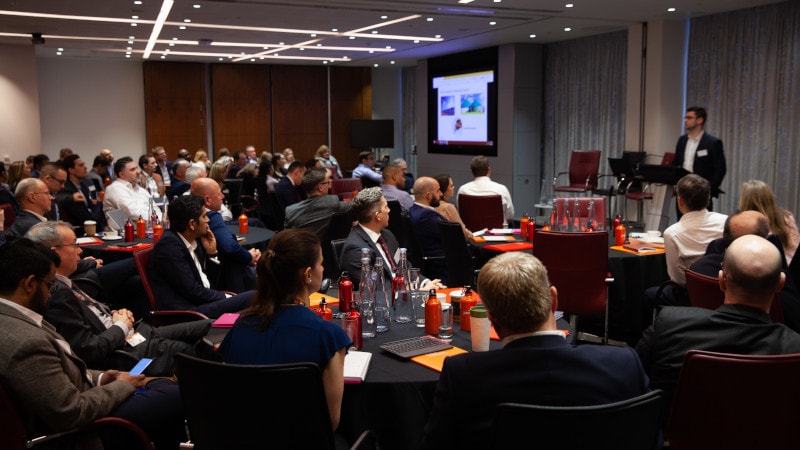As a professional services firm we purchase fewer materials than businesses in many other sectors. However, we spend around £700m with suppliers each year so we strive to influence our sustainability impacts beyond our direct operations where we can. It’s an important part of our commitment to do the right thing, and, as a principle, we try to only ask suppliers to meet standards that we’d be willing to meet ourselves.
Our approach
We’ve identified a number of ‘key’ suppliers to form the basis of our programme, based on spend, potential sustainability impacts, and other operational factors. Together, these suppliers account for the majority of our managed spend.
Risks and opportunities
Our business can only be as sustainable as the products and services we purchase from our suppliers, and by choosing to do business with them we’re implicitly supporting their business practices. So, our suppliers’ performance can impact our reputation by association.
On the other hand, many of our suppliers are also a source of technical insight and potential innovation, so they represent a useful resource in tackling particular sustainability challenges. Collaborating with them on such initiatives represents an opportunity to deliver tangible improvements which yield mutual benefits, whether reputational or financial. Some of our key suppliers were instrumental in helping us to deliver our 15 year environmental results to 2022, and continued to work with us towards our new targets to 2025. This also helps to instil pride in our people, who want to work for an employer that is socially and environmentally responsible.
Measurement
We set a number of long-term, public targets in the areas of supplier engagement, commercial integration and responsible procurement, and we’ve published progress against them each year in our sustainability scorecard.
Programmes
- Fair business
- Human rights & modern slavery
- Low carbon economy
- Circular economy
- Social enterprise
Fair business
We strive to be a ‘fair customer’ and to pay promptly, providing performance meets the terms agreed. For several years we’ve had a target to pay invoices, on average, in less than 30 days, which we’ve maintained. And since 2018 we’ve reported in line with the governments Reporting on Payment Practices and Performance regulations.
We’ve also been an accredited Living Wage Employer since 2011. We introduced the London Living Wage for supplier staff in 2006 and extended the concept to our regional offices in 2008, before aligning with the National Living Wage when it was introduced in 2011. This means that supplier staff working permanently at our London sites currently receive 26% above the UK minimum wage, and 15% above it at regional sites.
Human rights & modern slavery
As a leading professional services firm, we’re committed to respecting and upholding internationally recognised human rights. We focus on areas in our suppliers with the greatest risk of human rights infringements, and have detailed our policies, governance, risk management approach and related reporting in our Human Rights and Modern Slavery Statement. We use our annual supplier survey to understand how many of our key suppliers have their own human rights policies in place. In 2020, we created a guide for our suppliers to help them understand and manage modern slavery and broader human rights risks in their supply chain.
Low carbon economy
We’ve made fantastic progress in reducing the carbon footprint from our direct operations, achieving a 90% reduction in our Scope 1 and 2 emissions since 2007. However, our total impact analysis shows that carbon emissions are the biggest environmental impact in our supply chain, so for several years we’ve engaged with our key suppliers to measure, report and set targets for reducing their emissions.
Circular economy
Having achieved zero waste to landfill in 2012 we challenged ourselves to think differently about the materials we use in our business. We’ve made great progress in progressively adopting the principles of the ‘circular economy’, by reducing consumption, and increasing the proportion of materials we divert to reuse or recycling. We’re also exploring circular solutions for the products and services that we purchase, as our waste and materials programme extends from our core operations to those of our key suppliers.
Social enterprise
We’ve supported social enterprises for many years, including contracting with them as part of our supply chain, and in 2016 signed up as a founding member of the Buy Social Corporate Challenge. This aims to harness the spending power of business to support start-ups that have a social or environmental mission, providing jobs for disadvantaged groups. In FY22 we spent £1.7m with over 70 social enterprises, helping us meet our target to spend £10m with social enterprises by the end of FY22.
More on fair and trusted business
Contact us




















